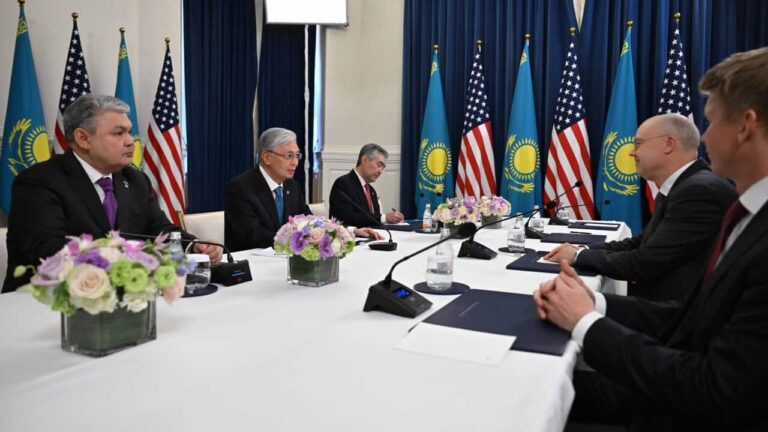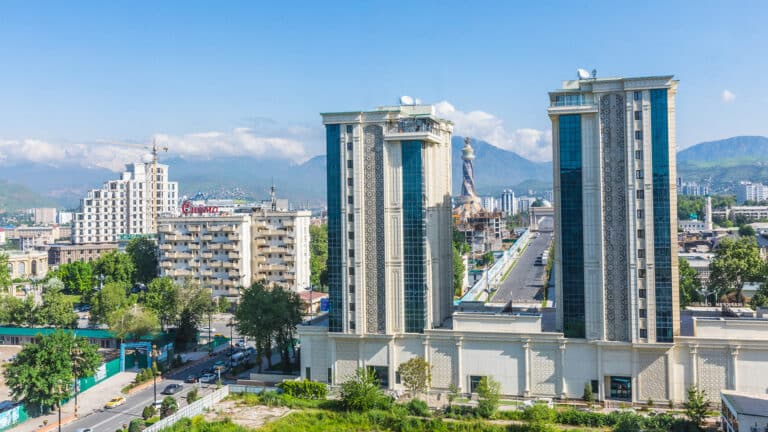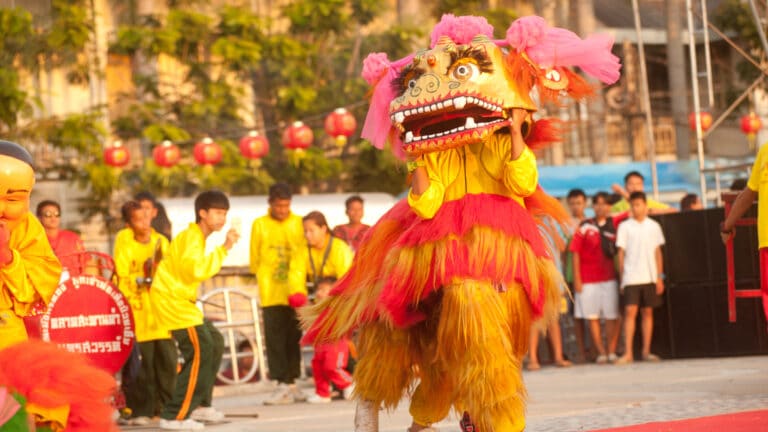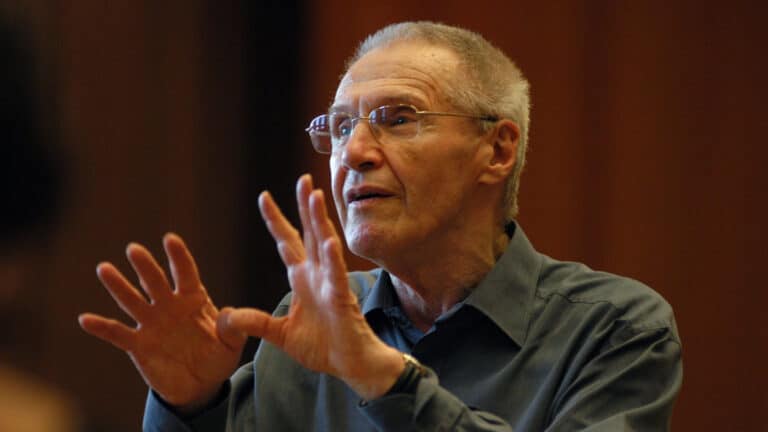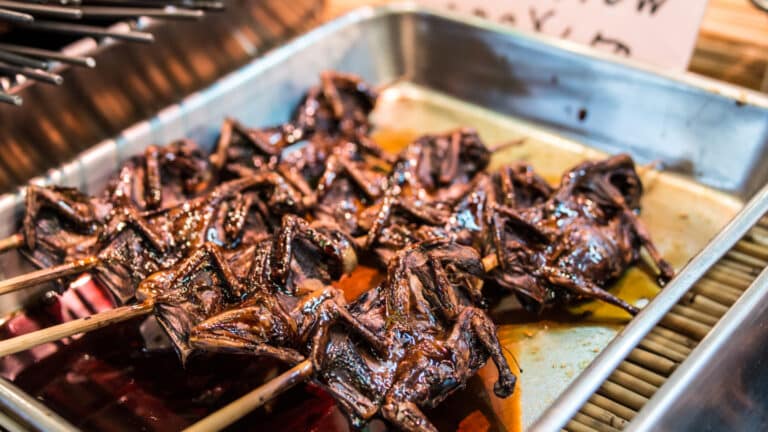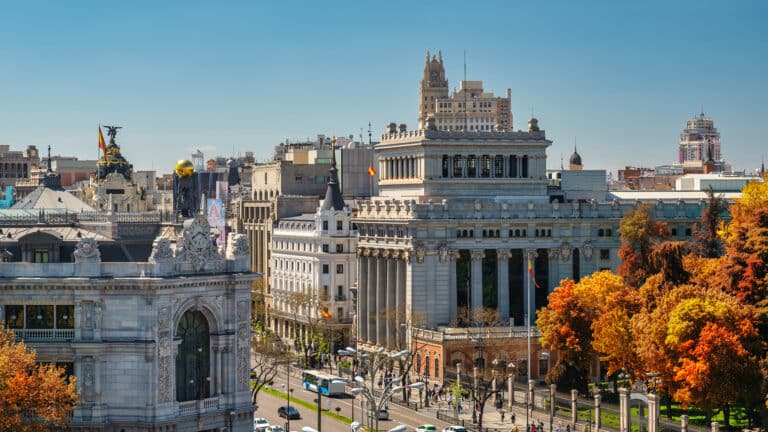During a summit in Rio de Janeiro, the Group of Twenty has declared the necessity to enhance UN efficiency and expand access to funds, artificial intelligence and global governance for the Global South.
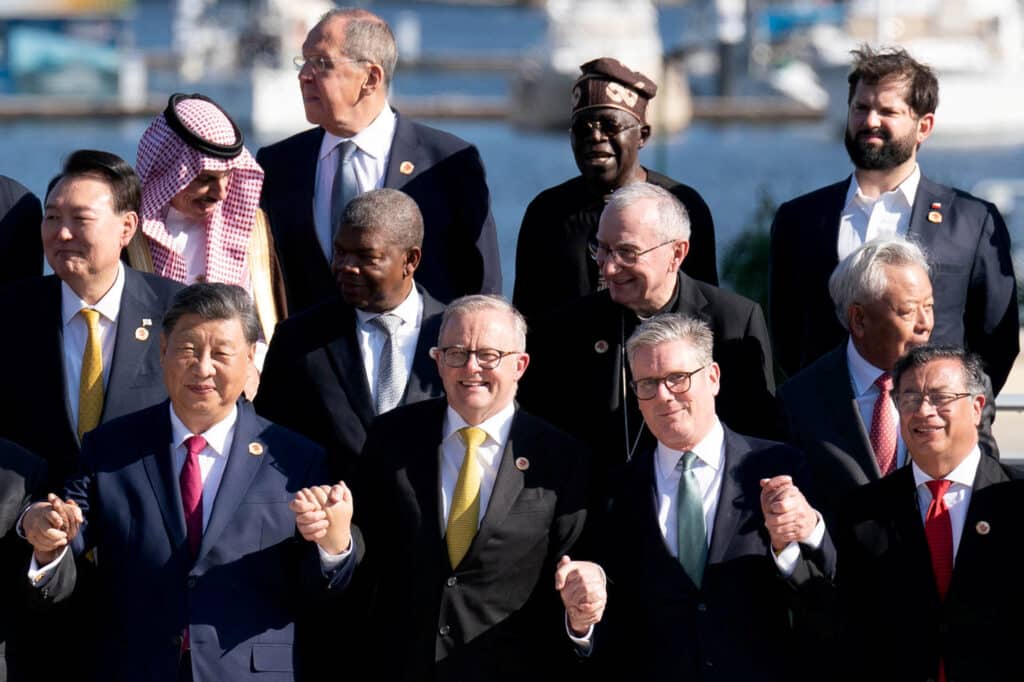
The G20 members are the EU, the African Union and 19 nations: Australia, Argentina, Brazil, the U.K., Germany, India, Indonesia, Italy, Canada, China, Mexico, Russia, Saudi Arabia, the U.S., Turkey, France, South Africa, South Korea and Japan. The G20 countries account for around 85% of the world’s GDP, more than 75% of global trade and two-thirds of global population. The Group of Twenty also invites many other states and international organizations to take part in its events. At the recent summit held in Rio de Janeiro, 19 countries and 15 international organizations were invited.
As Martin Wight, a British political scientist, used to say, all generals prepare for wars that are already over, and all world organizations are created to prevent those wars that have already ended. This statement could be extended further, saying that economic forums are created to address crises that have already unfolded.
The Group of Seven (G7) was created in 1975 as a response to the 1973 oil crisis. The Group of Twenty (G20), at the level of financial ministries and national banks’ chairs, appeared in 1999 to address the 1997 Asian financial crisis. In November 2008, the forum’s status was raised following the American subprime mortgage crisis breakout, and the first G20 summit at the highest level took place in Washington, D.C.
Initially, this forum served as an extended G7 format. Over time, however, the Group of Twenty came to be regarded as a platform for equal and mutually beneficial dialogue for developed and developing nations, where they could address global challenges together.
The G20 doesn’t feature a chair or a permanent secretariat; instead, the presiding country is responsible for all the organizational work and for setting the agenda. This year’s summit was hosted in Rio de Janeiro under the motto «Building a Just World and a Sustainable Planet.»
Hunger and poverty in the digital age
One of the Brazilian presidency’s key initiatives, announced during the previous summit in New Delhi, was to establish the Global Alliance against Hunger and Poverty. António Guterres, UN Secretary-General, who took part in the summit, had earlier highlighted the urgency of combating hunger: «One in 10 people worldwide does not get enough to eat. In a world with ample resources, this should shame us all.»
Brazil’s initiative gained support at the recent BRICS summit in Kazan. It’s worth noting that all the «old members» of this forum belong to the G20 and virtually oppose the Group of Seven nations on many issues. The Kazan BRICS declaration included a separate article highlighting the support of the alliance, the Group of Twenty itself, the Brazilian presidency and the promotion of the interests of the Global South.
The term «Global South» replaced the «Third World» in the early 1990s but still covers developing and poor countries. As Brazilian President Lula da Silva noted, when the International Monetary Fund (IMF) and World Bank were established, they had 12 seats at the executive bodies for 44 nations. Today, there are 25 seats for 193 countries. If the proportion remained as it was initially, the agencies should have had at least 52 seats.
In the G20, like in several other international organizations, continuity of work is ensured through the so-called Troika concept, a triumvirate of hosts of the past, present and future G20s. The previous summit was chaired by India, with South Africa taking over the presidency next year. This structure allows BRICS nations to shape the G20 agenda in ways that align with the interests of the Global South while also reinforcing their positions within the group. Notably, at the 2023 summit in New Delhi, the African Union, akin to a counterbalance to the EU, became the 21st member of the G20.
This summit opened with the solemn launch of the Global Alliance against Hunger and Poverty. As of the day of the event, 82 nations and 66 international organizations have already joined it, with Tajikistan being the only representative of Central Asia.
At the first summit session, Chinese President Xi Jinping claimed that his country would always be a member of the Global South and a reliable long-term partner of developing countries. The official opening of the Port of Chancay in Peru, built by the Chinese and designed to be a gate from South America to Asia, was a clear confirmation note of the Chinese leader’s words. The port was opened during the recent APEC summit in Peru.
Russian Foreign Minister Sergey Lavrov spoke about President Vladimir Putin’s 2015 initiative to establish the Greater Eurasian Partnership, which will include the Eurasian Economic Union (EEU), the Shanghai Cooperation Organization (SCO), and the Association of Southeast Asian Nations (ASEAN). Initially, the initiative was focused entirely on economic issues. However, now Moscow considers the project as a base for new security architecture in Eurasia. President Kassym-Jomart Tokayev of Kazakhstan publicly supported the initiative, delivering his speech at the St. Petersburg International Economic Forum in June 2022. In other words, Kazakhstan is also a member of this project.
Keeping politics to a minimum
Three sessions of the G20 summit in Rio were put in line with the three main priorities of the Brazilian presidency: social inclusion and combating hunger and poverty; stable development and the energy transition; and reforming global governance institutions. Additional topics included global trade, artificial intelligence, and the efficiency of the Group of Twenty. These themes became the sections in the final declaration, which consisted of 85 articles, encapsulating the extensive work carried out by numerous G20 working groups.
Brazil sought to limit politization at the summit as much as possible, similar to India’s approach last year. First, the Ukrainian President wasn’t invited despite demands from the U.S. and its allies, while Putin himself chose not to participate in the summit. Secondly, during its year of presiding, Brazil did its best to avoid mentioning wars and conflicts in any final documents following the ministry-level meetings.
Nevertheless, the final declaration featured the International Economic and Political Situation section that contained separate articles covering Ukraine and the Middle East. However, Russia and Israel were not mentioned as parts of the conflicts.
The Rio summit was overall successful for the Brazilian presidency and its BRICS allies. Even though those gatherings failed to achieve any objectives or produce final documents, they still served as valuable platforms for bilateral and multilateral meetings.
They have the potential to be quite successful and productive. For example, on the sidelines of the recent summit, the British prime minister and the Chinese leader held their first in-person meeting. It was also the first meeting of such a high level between the two countries in seven years.
Why is Kazakhstan not in the group?
Back in the day, former President Nursultan Nazarbayev wanted Kazakhstan to be part of all significant international organizations and global governance institutions, the Group of Twenty and the Council of Europe. However, the Council of Europe stated that although a small portion of Kazakhstan indeed lies in Europe, the state is not considered European, so a membership in the Organization for Security and Co-operation in Europe (OSCE) would suffice. As for Kazakhstan’s ambitions to represent the Islamic world or Central Asia in the G20, the Europeans once again suggested that Kazakhstan’s economy was neither big nor developed enough for the Group of Twenty.
Kazakhstan’s response surprised many European politicians yet aligned with President Nazarbayev’s foreign policy vision. He said that if Kazakhstan could not be part of the Council of Europe, no problem, the OSCE is enough, but Kazakhstan must be a chair in the organization. Veterans of national politics and political science probably remember those discussions about whether Kazakhstan meets the «OSCE standards.” As a result, the country, with the support of its friends, not only became a chair in the OSCE but also held the OSCE summit in Astana. After accomplishing that mission, the development of its own project, the Conference on Interaction and Confidence-Building Measures in Asia (CICA), became a top priority for Kazakhstan.
When it comes to the G20, Astana has chosen not to seek direct membership but still participated as a guest at the Saint Petersburg summit in 2013 and the Hangzhou summit in 2016. Kazakh officials even proposed expanding the G20 into a broader platform called G-Global. The Astana International Forum (AIF) was selected as the platform to advance this new format.
As of today, all of these projects have fallen by the wayside. Pragmatism has taken over annual international initiatives and active participation in shaping the global agenda. But it’s possible (and necessary) to seek new forms of cooperation with the G20, whose interests today, without prejudice, correspond with those of Kazakhstan.
Much of what was expressed in Rio regarding reforms of the UN and other global governance institutions mirrors Tokayev’s statements nearly word-for-word. While it’s obvious that Kazakhstan is unlikely to become a G20 member, the country could still be invited to participate in summits more frequently, especially given that more and more guests come to such events.
Brazil invited 15 different international organizations to participate in its G20 events. Kazakhstan, in turn, could promote the inclusion of the SCO, the CICA and the Islamic Organization for Food Security — where Kazakhstani representatives serve as chairs —in future G20 summits and related activities.
Furthermore, Brazil opened access to the G20 foreign ministers’ meeting, which it organized on the sidelines of the UN General Assembly, to all states. The final declaration of the summit recommended continuing this practice in the future.
The other day, Tokayev noted that Kazakhstan ranks among the top 10 wheat exporters and is a leader in flour exports. So, why did Kazakhstan not take part in efforts to establish an alliance against hunger?
Why aren’t the issues discussed at the G20 summit — global challenges that also affect Kazakhstan — included in the agenda of the “5+1» meetings? After all, all dialogue parties are members of the G20.
The alleged reason is that Kazakhstan currently lacks a conceptual vision for its cooperation with global governance institutions. The only, yet very doubtful, advantage of not being involved in G20 activities is Kazakhstan’s noninterference in the disputes between the West and the South within the Group. However, the downsides of this approach are much greater.
The author’s opinion does not necessarily reflect the views or positions of the editorial board.





